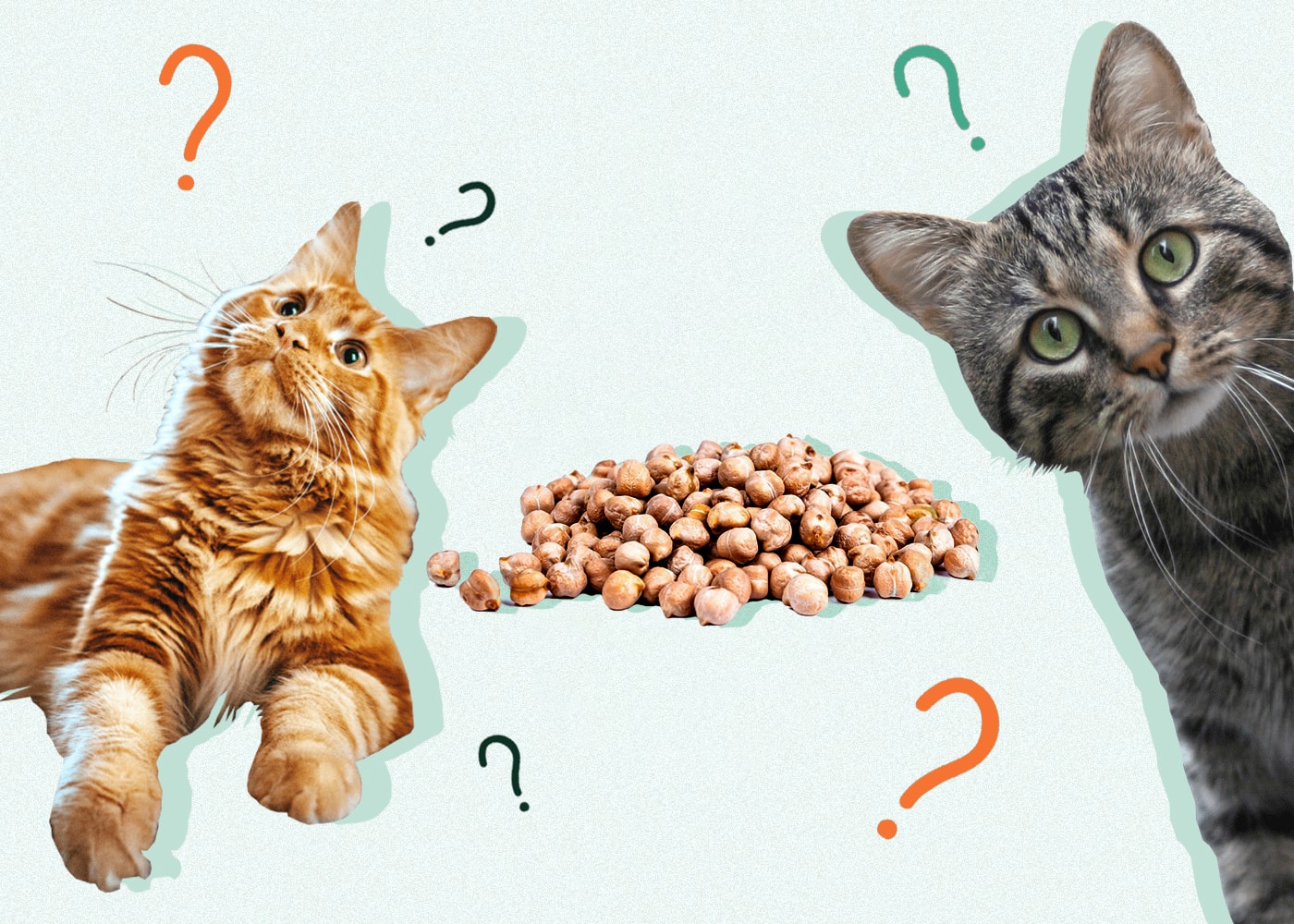In the quest to provide the best for our feline companions, cat owners often explore dietary options beyond traditional cat food. This guide delves into various alternatives, highlighting both safe and nutritious choices that cater to a cat’s unique dietary requirements.
- Cat Nutrition Basics: Beyond Commercial Food
- Human Foods That Are Safe for Cats
- Foods Cats Should Never Eat
- Balancing a Homemade Diet
- Healthy Treats and Snacks
- Making Dietary Changes Safely
- Understanding a Cat’s Hydration Needs
- The Importance of Regular Veterinary Checkups
- Incorporating Supplements into a Cat’s Diet
Cat Nutrition Basics: Beyond Commercial Food
Cats are obligate carnivores, requiring a diet high in animal proteins and essential nutrients. Key components like taurine in meat are vital for maintaining heart health, vision, and reproductive capabilities. Understanding these basics helps in identifying appropriate food alternatives that support a cat’s health.
Human Foods That Are Safe for Cats
- Cooked Meats: Ideal protein sources, they should be prepared plainly without harmful seasonings.
- Fish: Offers essential fatty acids but should be given in moderation. Ensure it’s cooked and deboned.
- Eggs: A good protein source but must be fully cooked.
- Certain Vegetables: Steamed or boiled vegetables like carrots and peas can be a fiber source.
- Small Amounts of Cheese: Some cats tolerate cheese in small quantities, but it’s not a necessary part of their diet.
Foods Cats Should Never Eat
- Onions and Garlic: Highly toxic, causing gastrointestinal distress and anemia.
- Chocolate and Caffeine: Contain substances like theobromine, which are harmful to cats.
- Grapes and Raisins: Can lead to kidney failure.
- Alcohol: Hazardous, even in small amounts.
Balancing a Homemade Diet
Crafting a homemade diet for your cat requires a balance of proteins, carbohydrates, and fats. Consultation with a veterinarian is crucial to ensure the diet meets all nutritional needs and to decide if supplements are necessary.
Healthy Treats and Snacks
- Commercial Cat Treats: Choose those that are high in protein and low in fillers.
- DIY Treats: Homemade treats like baked lean meats or fish are healthy options.
- Catnip: While not nutritional, it’s a safe and enjoyable treat for most cats.
Making Dietary Changes Safely
Introduce new foods gradually to prevent digestive upset. Observe your cat for any signs of allergies or intolerance.
Understanding a Cat’s Hydration Needs
Cats often need encouragement to drink enough water. Including wet food in their diet can aid in maintaining proper hydration, which is essential for kidney and urinary health.
The Importance of Regular Veterinary Checkups
Regular veterinary visits ensure that your cat’s diet fulfills its nutritional needs and help in the early detection of any health issues.
Incorporating Supplements into a Cat’s Diet
Discuss with your vet about adding supplements such as omega-3 fatty acids, vitamins, or probiotics, especially if you’re feeding a homemade diet.
FAQs
Q: Can cats eat vegan diets?
A: No, cats require animal-based proteins and cannot thrive on a vegan diet.
Q: How often should cats eat human food?
A: Human food should be an occasional treat, not a regular part of their diet.
Q: Is raw food safe for cats?
A: Raw diets have benefits but also risks like bacterial contamination. Consult your vet before feeding raw food.
Q: Can cats have milk?
A: Most adult cats are lactose intolerant, so regular cow’s milk can cause digestive upset. Lactose-free cat milk is a safer option.
Q: Are grains bad for cats?
A: Cats don’t require grains in their diet, but small amounts of well-cooked grains can be included for digestive fiber.
Q: Can I feed my cat dog food?
A: Dog food is not suitable for cats as it lacks essential nutrients that cats require, like taurine.
Q: Is it safe to feed cats fish bones?
A: No, fish bones can pose a choking hazard and cause internal injuries. Always ensure fish is thoroughly deboned.
Conclusion
Diversifying a cat’s diet with safe and nutritious alternatives can enhance their overall health and well-being. However, it’s essential to prioritize their specific dietary needs and consult a veterinarian for personalized advice. Regular monitoring and adjustments based on their health and preferences will ensure your cat enjoys a balanced and satisfying diet.

Jane Doe, a veterinarian with over 10 years of experience, combines her deep knowledge of animal health with a passion for pet welfare at PetsPonder.com. With a DVM degree and a commitment to the latest in veterinary science, Jane Doe offers reliable, compassionate advice to help pet owners make informed decisions for their furry companions.

Leave a Reply